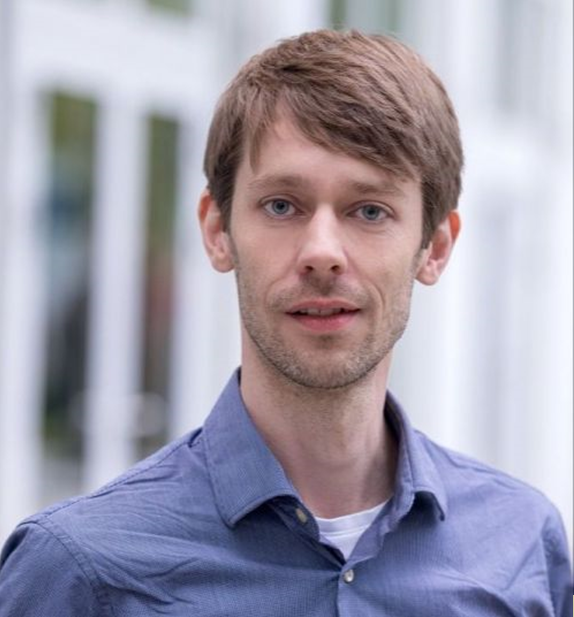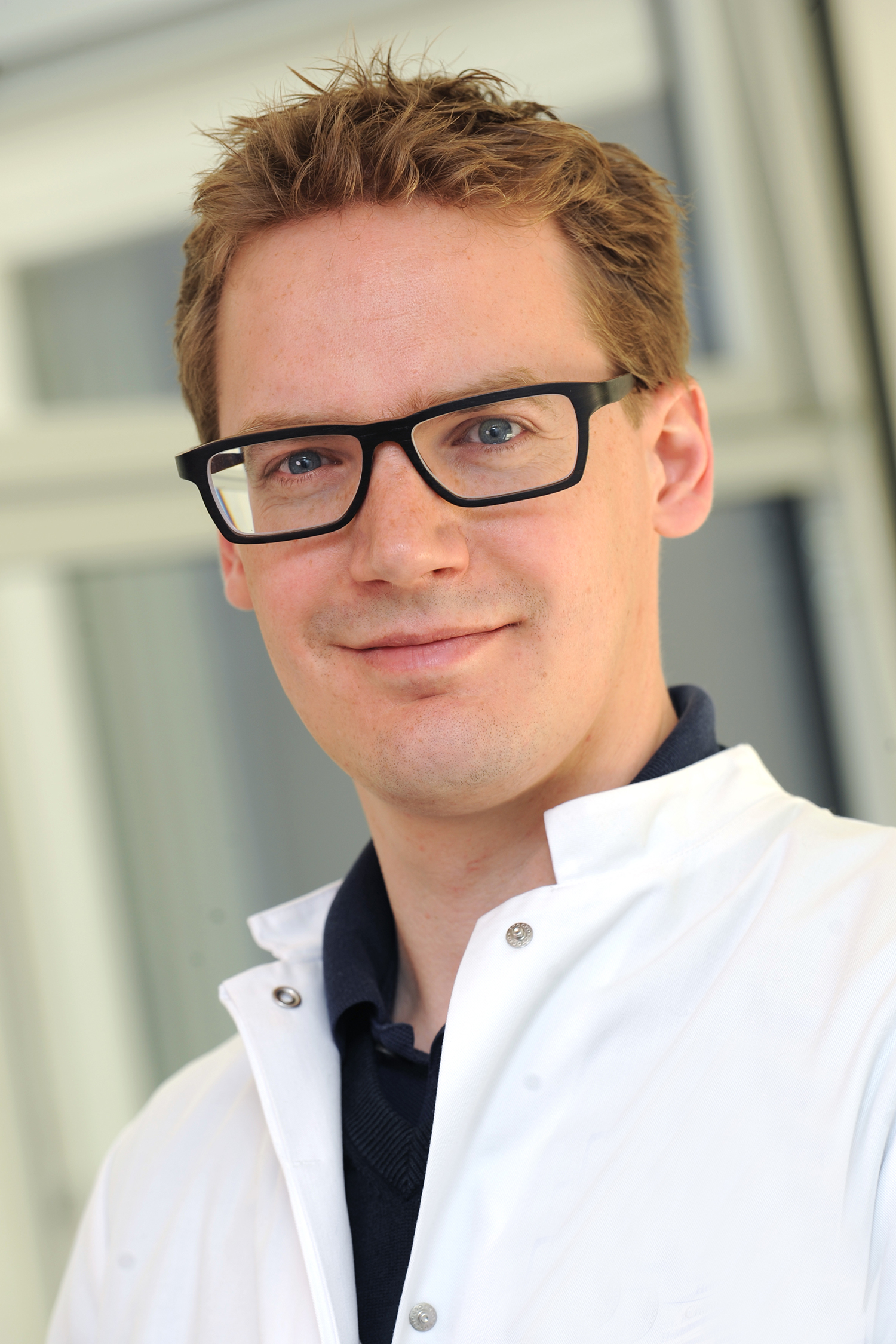DKTK Technology Expertise Networks: Tumor Organoids
Patient-derived tumor organoids (PDTOs) have recently emerged as preclinical tumor models. Efficient culture protocols have since then been described for many common types of cancers (e.g. colorectal, gastric, pancreatic, lung and breast cancer), although model initiation from clinical samples is still not very efficient for others (e.g. prostate, and head and neck cancer). PDTOs have also been established for several more rare cancers types (e.g. ovarian cancer and cholangiocarcinoma). PDTOs can closely recapitulate the molecular and phenotypic characteristics of the parental tumor. The technology allows long-term expansion and cryopreservation of large panels of individual organoids. Better than previous tumor models, such ‘living biobanks’ can represent the inter-individual tumor heterogeneity amongst patients, which offers excellent research opportunities, e.g. to study the spectrum of drug responses and resistances in molecular subtypes. In addition, organoids can be genetically engineered, transplanted into immunodeficient mice or co-cultured with other stromal or immune cell populations to obtain advanced 3D tumor models.
The predictive potential of PDTOs for individual therapies is subject to intensive ongoing research. Co-clinical trials have been initiated that link the treatment response in patients with organoid drug sensitivity. Although promising results have been obtained, major translational efforts and systematic clinical trials will be required, if implementation of this developing technology into clinical practice on an individual patient level is desired. Such clinical application will require additional research and development of infrastructures for efficient and standardized phenotypic, genetic and functional characterization.
With the DKTK working group 'Preclinical Organoid Models' we aim to set up an expert platform on this cutting-edge technique to share resources, harmonize protocols across DKTK sites and foster collaboration and joint projects. The workgroup will gather the profound and complementary expertise on organoids from diverse cancer entities within DKTK´s community (see table below). Access to the unique DKTK infrastructures will help to coordinate future projects that integrate PDTOs into clinical trials. We are looking forward to a stimulating discussion about challenges and opportunities of this developing technology. If you would like to join the group please contact Therese Seidlitz.

